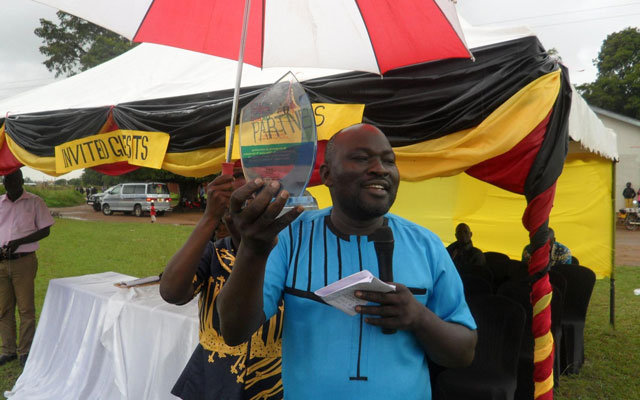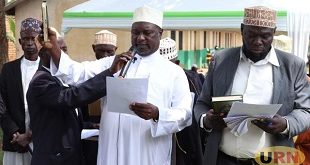
Amuru, Uganda | THE INDEPENDENT | Amuru District local government has failed to acquire land for the establishment of an irrigation scheme.
The irrigation scheme was to be funded by the Islamic Development Bank at 70 Billion Shillings in partnership with the Ministry of Water and Environment.
The district executive committee had proposed that the mega scheme was to be constructed and cover the areas of Opara, Pabbo, Patiko and Attiak Sub Counties stretching along River Unyama. This followed a feasibility study by a team of engineers from the Ministry of Water.
However, residents in the project affected areas rejected the moves claiming that it was a government ploy to grab their land.
Since then, the Ministry of Water and Environment tasked the Amuru district local government to acquire alternative land for the construction.
However, to date, the district failed to acquire the land leaving the project hanging in balance.
Michael Lakony, the LCV Chairperson Amuru, says that their quest and constant plea with the community to offer them land for the construction has been met with resistance since 2019 leaving them helpless.
Lakony noted that the residents have rejected a project that is meant to benefit them economically and also enhance food security.
Anthony Akol, the Kilak North Constituency Member of Parliament where the project was meant to benefit said that the community still have a negative mindset on the government in regards to land acquisition.
He noted that his next five years’ term of office will focus on massive creation of awareness on the utilization of land that the people of Amuru still have in abundance but left them idle.
Francis Oweka, a resident of Lalem Parish maintained rejection for the land acquisition arguing that the government should first secure for him a land title to make a fair deal.
Nelson Odong, the Makenge Parish Chief has equally said that they are discontented with the government’s intentions to acquire the land and still leave them with full ownership.
In 2019 State of the Nation Address, President Yoweri Museveni emphasized that irrigation schemes are part of the boosters to the Agriculture sector in addition to the use of fertilizers to ensure increased productivity.
Ugandan farmers rely on rain to water their land, with irrigation mostly associated with large-scale farmers.
Meteorologists say the climate is changing with droughts becoming more frequent.
Uganda has suffered at least eight serious droughts in the last 40 years compared to only three in 60 years leading up to 1970.
********
URN
 The Independent Uganda: You get the Truth we Pay the Price
The Independent Uganda: You get the Truth we Pay the Price



